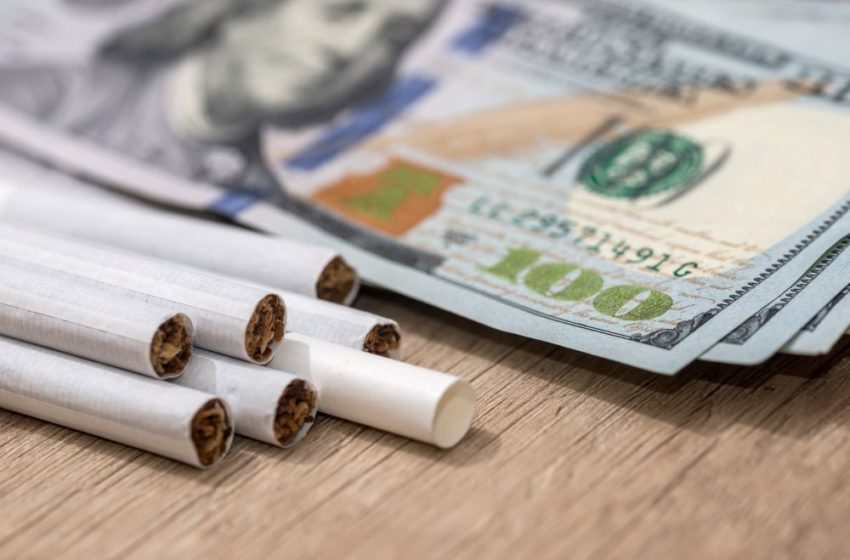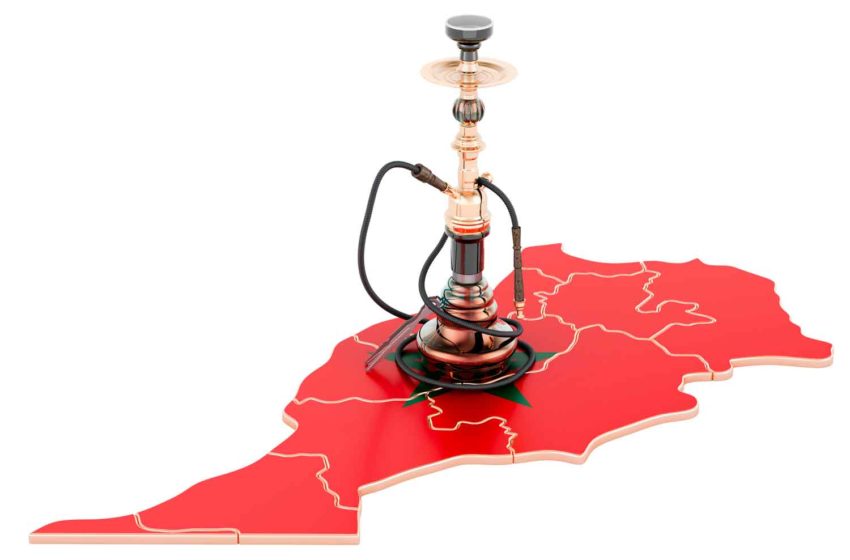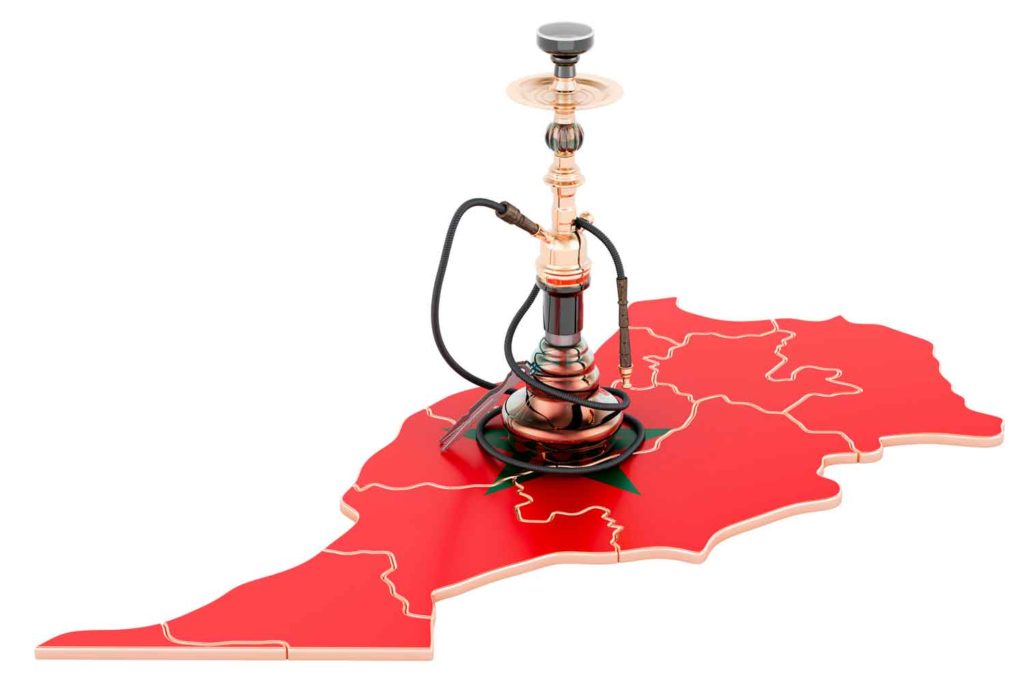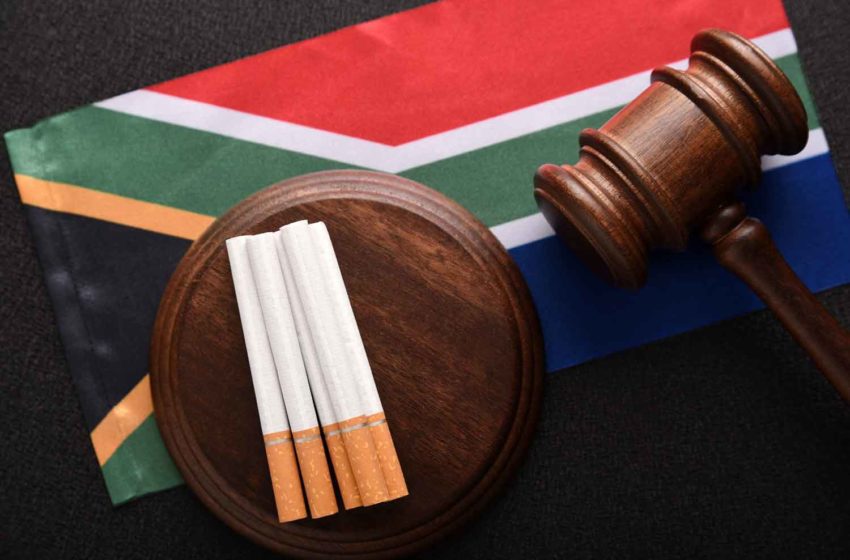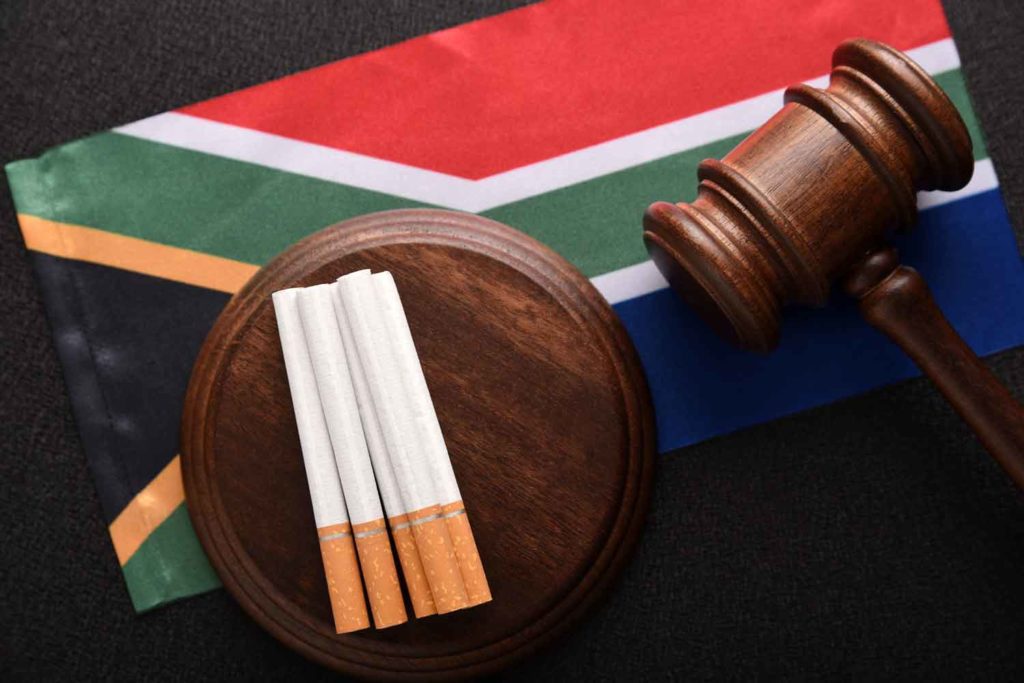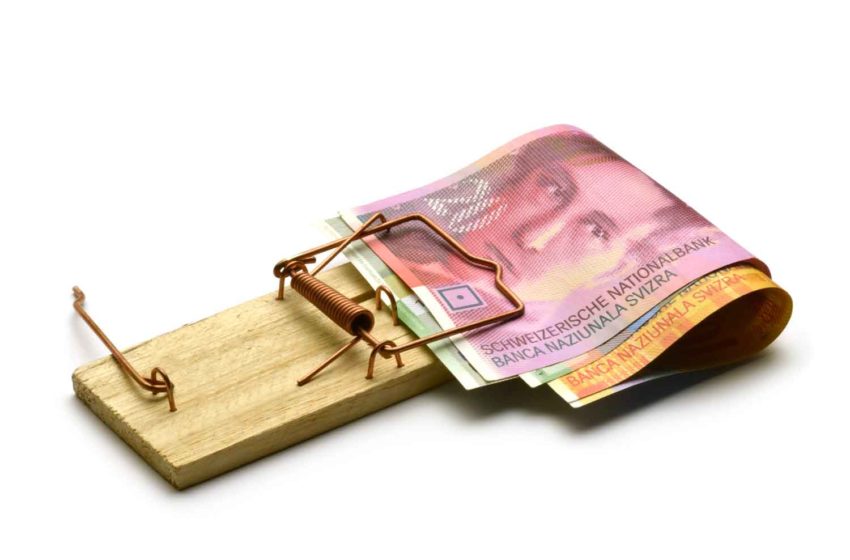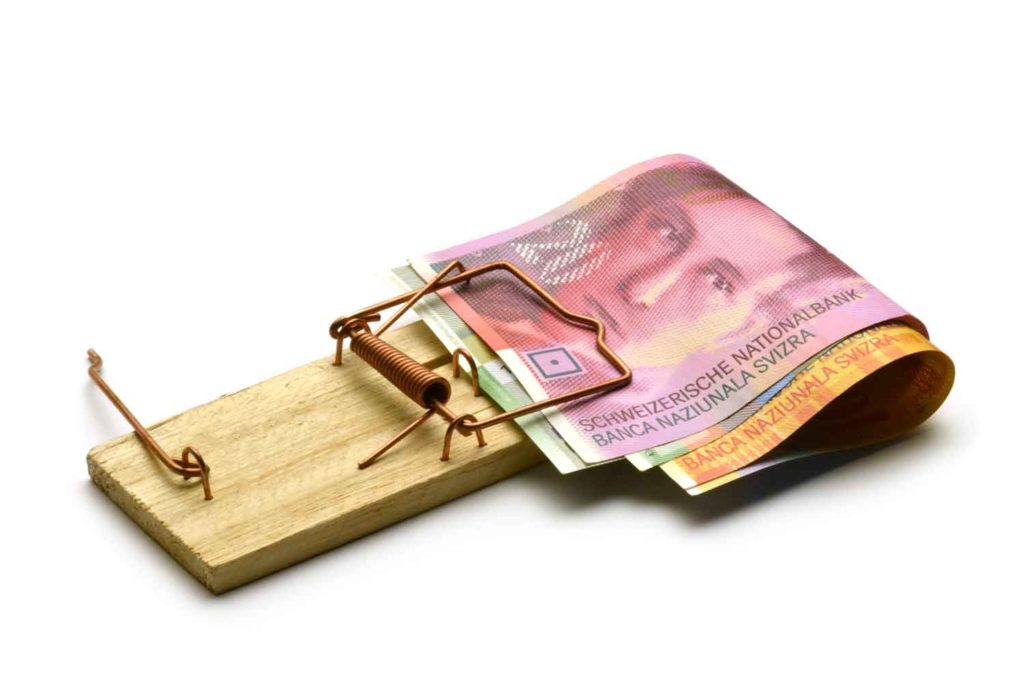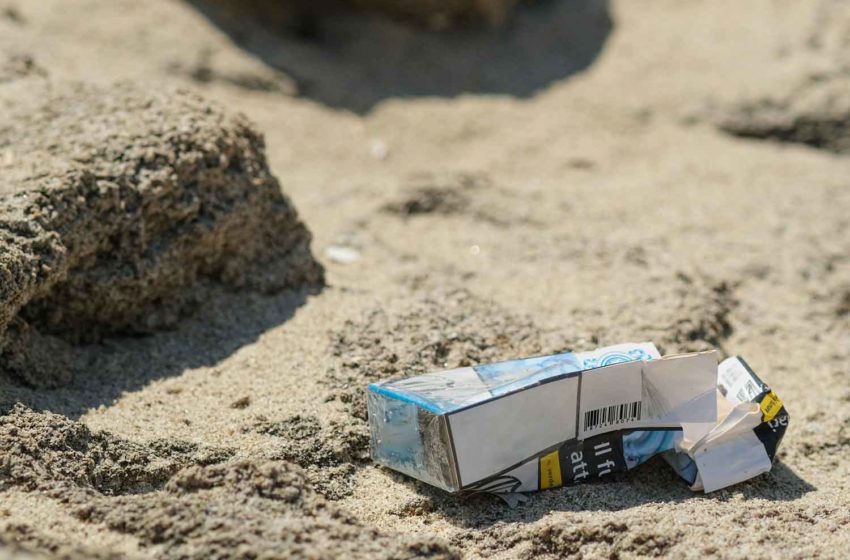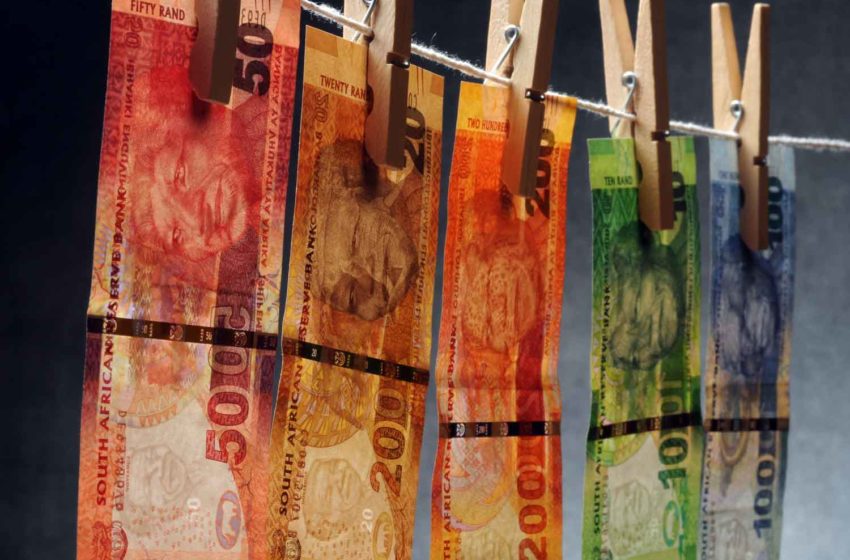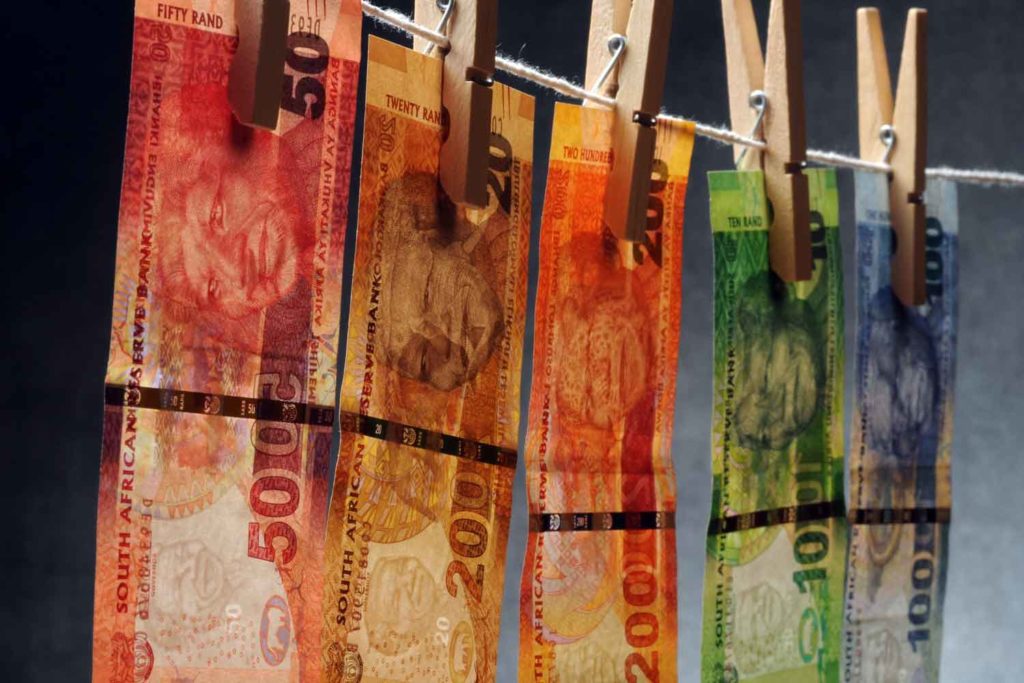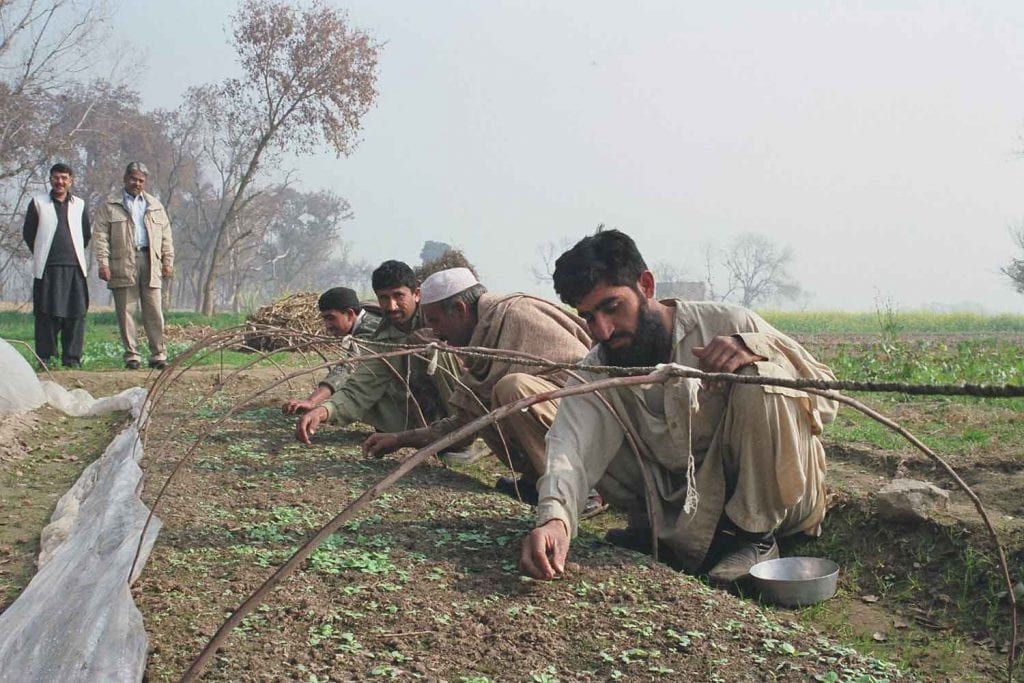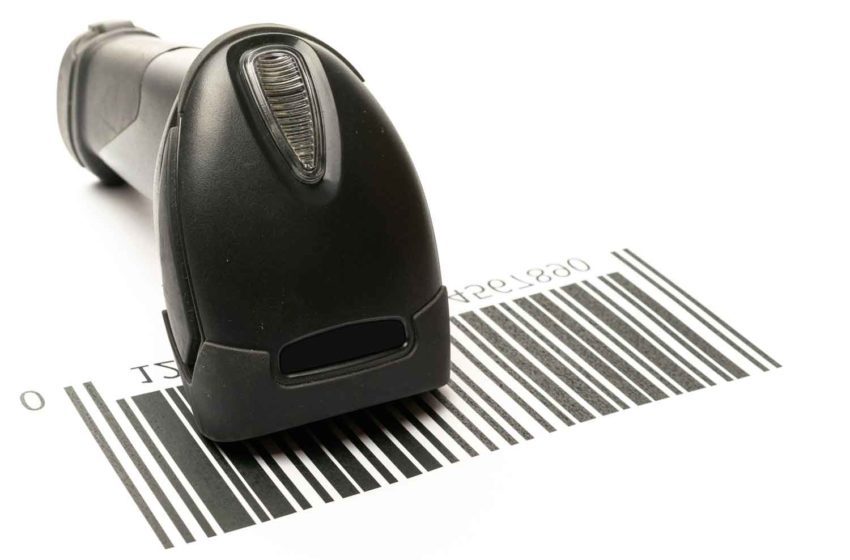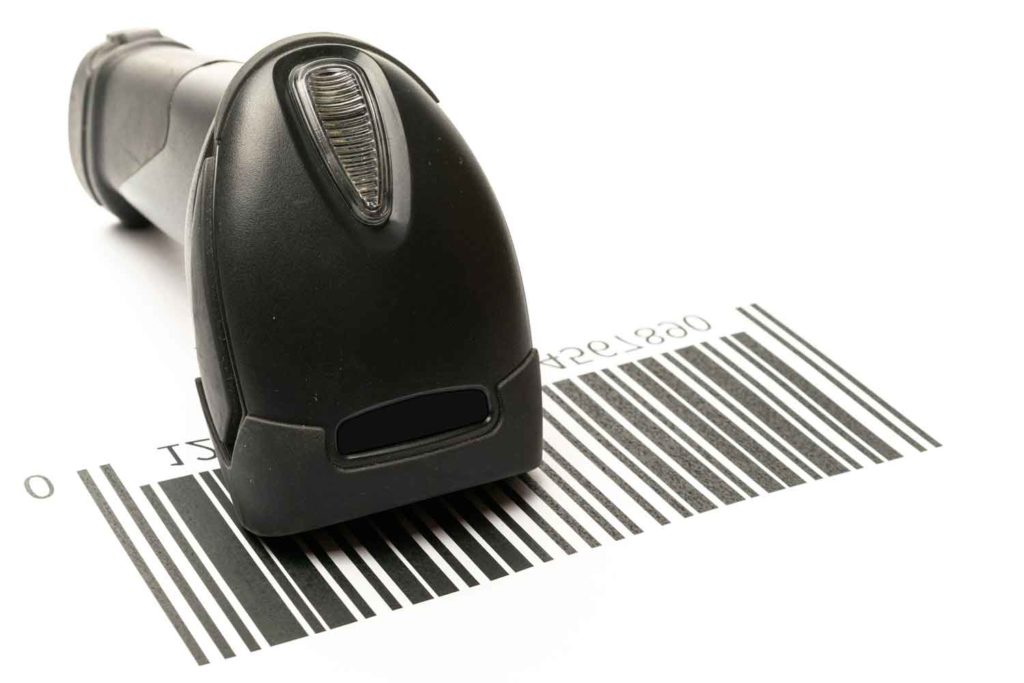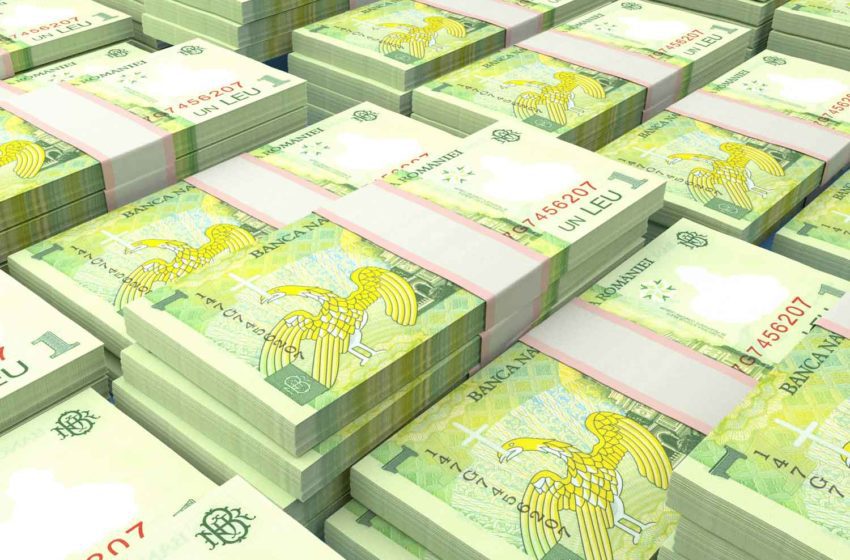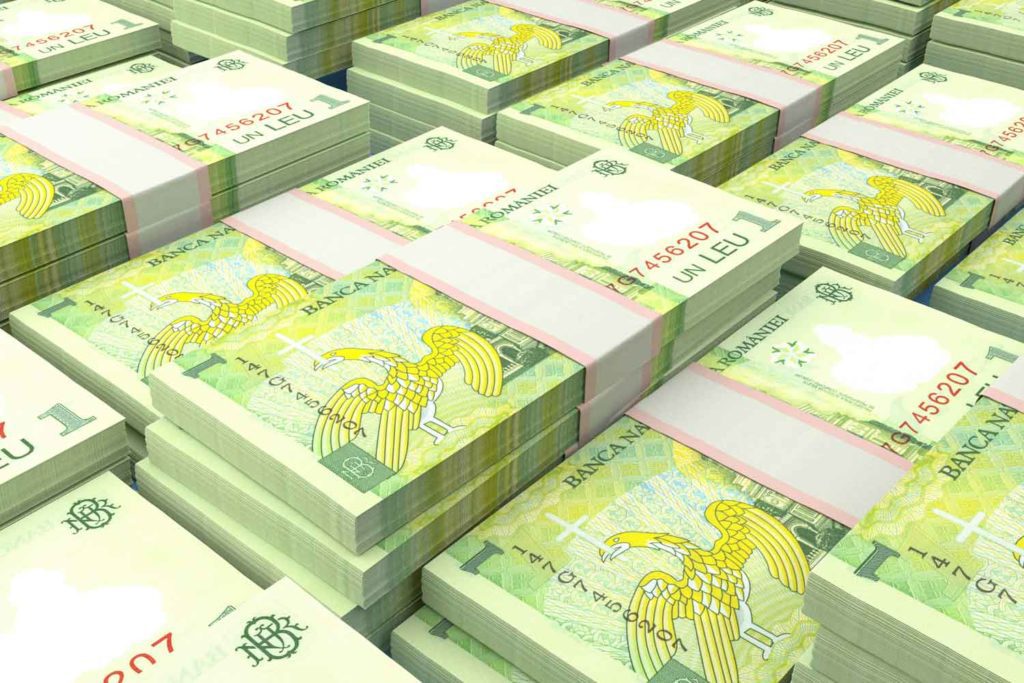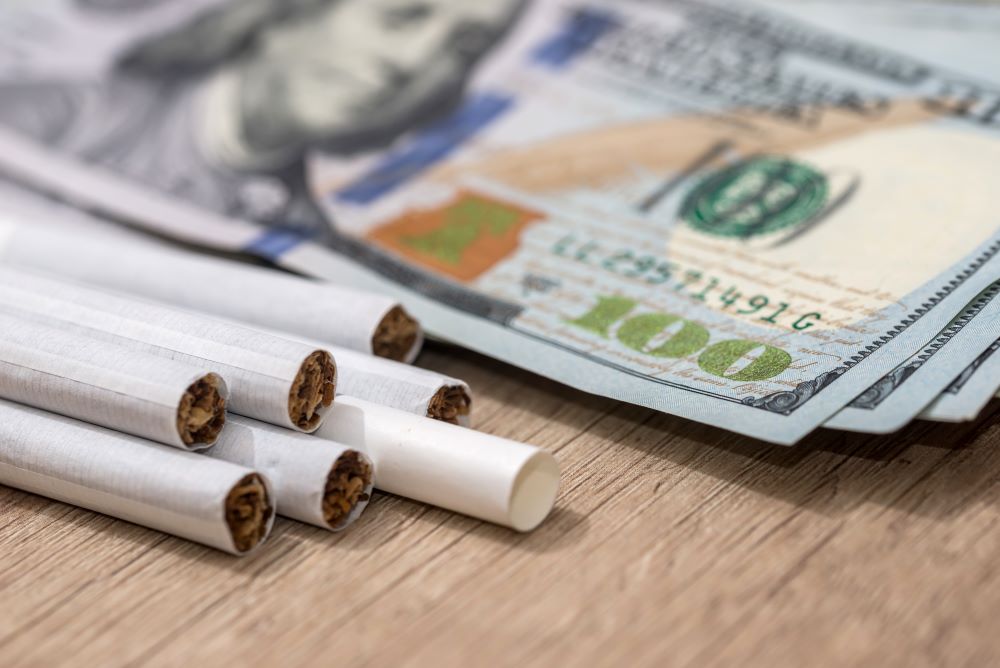
U.S. Senators Jeanne Shaheen and Richard Blumenthal reintroduced the No Tax Subsidies for E-Cigarette and Tobacco Ads Act, which would end a tax provision that allows manufacturers to claim federal tax deductions for the cost of advertising for e-cigarettes and tobacco products, according to Shaheen’s website. Senators Brown, Reed, Durbin, Van Hollen and Merkley also joined in reintroducing the bill.
“E-cigarettes are fueling a public health crisis—particularly among teenagers. E-cigarette and Big Tobacco companies must be held responsible for deliberately advertising these dangerous products to youth,” said Shaheen. “It’s outrageous that a tax loophole allows companies to write off the costs of their ads, having taxpayers foot the bill and subsidize the advertising of harmful products. That’s why I’m reintroducing legislation to close this loophole and hold e-cigarette companies accountable for their harmful marketing practices.”
“Old regulatory loopholes are helping Big Tobacco addict more Americans to lethal products,” said Blumenthal. “This bill will close a gaping tax loophole, putting an end to Big Tobacco’s tax write-offs of dangerous ads and preventing young people from starting up a deadly addiction.”
The bill also bars tax deductions for advertising expenses related to tobacco cigarettes, cigars, snuff, chewing tobacco, pipe tobacco and roll-your-own tobacco.

